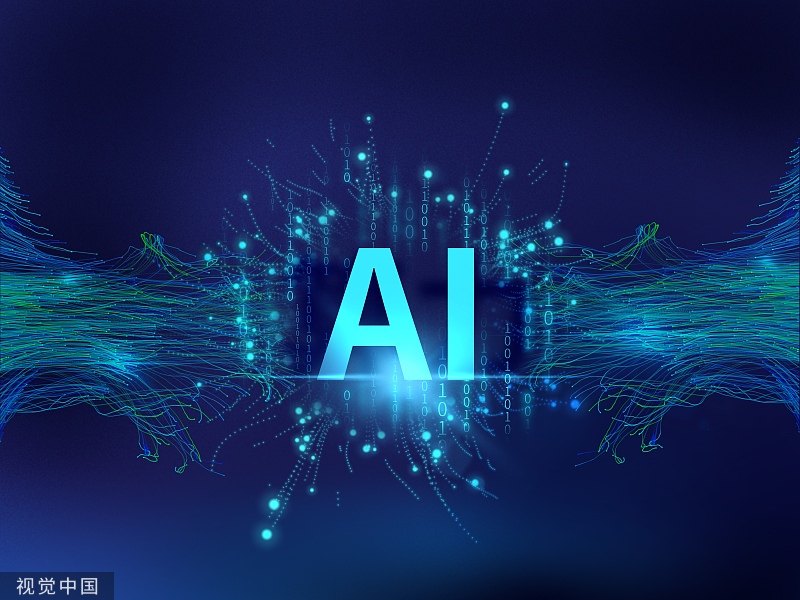AI 'resurrection' can't be outside law's purview
China Daily | Updated: 2024-04-09 07:15

Using artificial intelligence technology to "resurrect" dead people on digital gadgets is becoming a business as shown during the Qingming Festival, or Tomb Sweeping Day, last week.
But whether the business infringes on the rights and interests of others or public interests is open to question, particularly when the "resurrection" order is not made by nonfamily members of the deceased.
Technological innovation knows no bounds, but its application should be within ethical and legal boundaries. The application of AI "resurrection" technology should adhere to the principle of informed consent.
According to a regulation on deep synthesis issued by the Cyberspace Administration of China and other departments in 2022, providers of deep synthesis services and functions such as editing biometric information should prompt users to inform and obtain consent from individuals whose data is being tampered with.
AI "resurrection" products should adhere to technical management norms. Relevant industry standards may be introduced to require technology service providers to add watermarks to generative content, preventing criminals from abusing this technology to commit illegal activities.
More attention should be paid to privacy protection and data security. According to the rules, providers of generative AI services should bear the responsibility of network information content producers in accordance with the law.
These AI "resurrection" service providers should bear the responsibility of personal information processors and fulfill their obligations for its protection. Also, relevant platform companies are obliged to supervise the business operating on their platforms, and deal with any illegal businesses that misuse the concept of AI "resurrection" for improper profit.
-XINHUA NEWS AGENCY
























